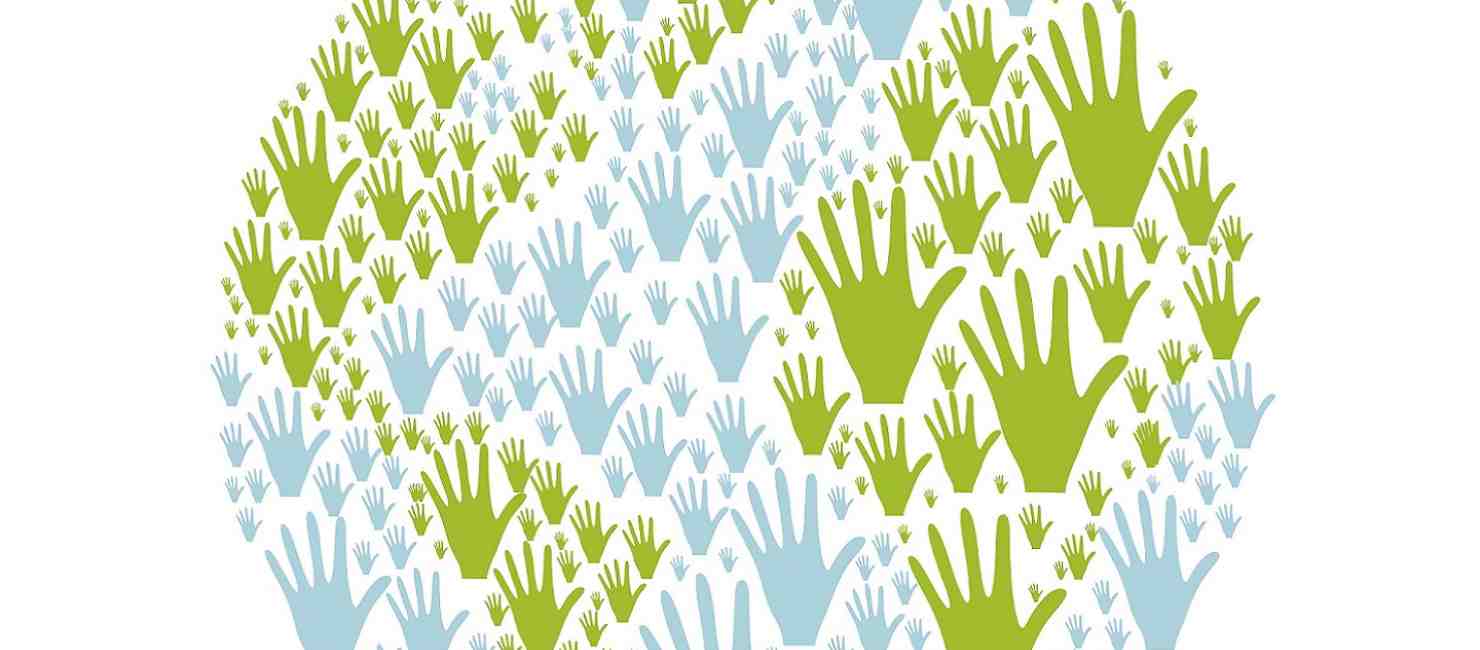Grandfather's behaviors are concerning.
Dear Stop It Now!,
I’ve felt a bit strange about my son's reactions toward his paternal grandfather. I don’t feel safe to let my son to stay overnight at his grandparents' house. My 8 year old son used to love going to their house and hanging out with his grandfather but has recently said he doesn’t want to go there, and once cried when he was supposed to spend the night. On that particular night, I had seen him trying to reject his grandfather when the grandfather tried to hug and tickle him. I had never seen him reacting like that to his grandfather; he looked and sounded that he really hated it.
Lastly, when his grandparents visited our house, I saw his grandfather hugging him tight while kind of kissing his ears and neck (I thought I saw his tongue sticking out a bit, so it looked like he was slightly licking him), and my son looked a bit uncomfortable although he was giggling too.
I may be overreacting, but I've been concerned about this. I even hate to doubt like that because his grandfather is a good person. And it will be terrible to stop him visiting them if there is nothing bad going on between my son and his grandpa. My husband and I talk about almost anything, but I feel too awkward to mention it to him because it should be an awful thing to think about his father.
So, I decided to get a children’s book about sexual abuse which has been helpful. Now I'm wondering if there are some other things I can do for this matter and I'm wondering if I should talk about it to my husband.

Dear Concerned Mom,
It’s important to pay attention to your son’s and grandfather’s behaviors as you are doing.
Warning signs
You have identified some behaviors that could be warning signs of an at-risk situation, including your own “strange feelings”. I want you to know that warning signs do not necessarily mean that a child is being sexually abused. When you see patterns of behaviors or repeating behaviors, the warning signs can tell you that there is a situation that needs protective responses.
Sometimes adults’ behaviors that put children at-risk are not abusive behaviors in and of themselves. Rather they create an environment that is not safe. When an adult touches a child in a way that is uncomfortable and doesn’t stop even when the child asks them to or seems uncomfortable, then the message to the child may be that adults can touch him any way they want. This increases the risk of being abused.
Speaking up
I want to strongly recommend talking with your husband about your concerns. This conversation does not need to be an accusation of his father. Rather it can be a discussion of how his behaviors may be creating a more vulnerable environment for your son. Because the topic of sexual abuse is so uncomfortable, we hesitate in challenging the behaviors that concern us for fear of insulting someone we care about. This is unfortunate because if we don’t talk about safe behaviors and plan together to create healthy environments for children, then children will not get clear messages and will be at an increased risk for abuse.
I hope that you are able to talk to your husband but if you can’t, is there anyone else who may have similar concerns or observations? Is there someone close to your family that can help you think through steps and support you as you take these steps?
Having the conversation
The examples you shared are perfect to frame a conversation with your husband…and well as with his father. Ideally, your husband and you can sit with his father and describe the behaviors that have been observed. Again, without any accusatory intention, ask him to join you in protecting your son by following your family’s safety rules regarding touch, privacy and boundaries.
I recognize that this step may seem very difficult. However, this type of conversation can be a very strong protective action. Not only will your son’s grandfather get feedback about his behaviors and how they may affect your son, he will also know that you are a very involved and observant parent – who is able to speak up when you have a concern.
Safety Planning
So, to answer your question about what else you can do, it’s vital to create your family plan that includes rules for everyone’s safety. Every family should do this regardless of whether there is a current concern or not. Family safety rules may change over time but it’s important that everyone who interacts with children in your family knows and understands the rules. For example, families can have rules like:
- Keeping bathroom doors closed
- Doors are open whenever in your bedroom with another adult or child
- Adults stop tickling children when asked
- Kids can say no to unwanted touching
Depending on how your son's grandfather is able to respond to your concerns and whether safety rules can be both established and followed will help you make a decision about what kind of visits feel most comfortable and safe at this time. When everyone feels clear about what is expected, it helps to determine when there is a problem because someone is not following through on agreed family safety steps.
To help you further with creating family safety plans, please refer to these prevention tips sheets:
Also, it's great that you sought out a book about prevention. For additional guidance, please also check out information from our guidebook: Prevent Child Abuse
Share our materials with your husband and with your father-in-law. I hope this information is helpful, and please do not hesitate to contact us back with further concerns or questions.
Take care,
Stop It Now!
Feedback:
Please share your feedback on this question
Last edited on: August 1st, 2018

